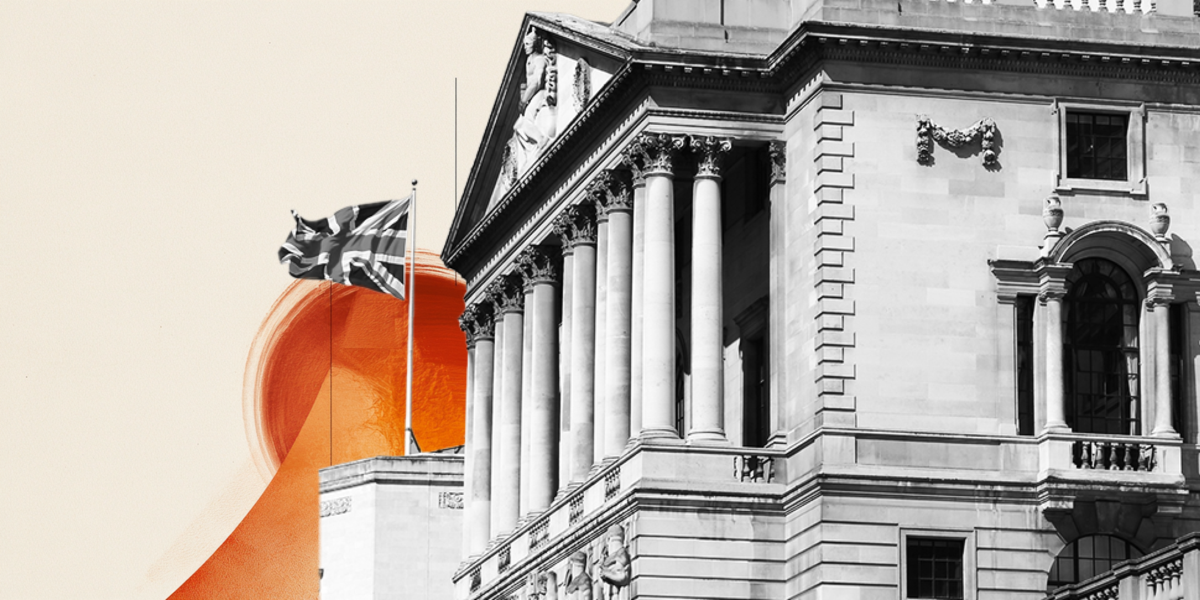BoE’s Mann: Interest-rate gradualism ‘no longer valid’

Bank of England Monetary Policy Committee member Catherine Mann said late Thursday that gradual interest-rate moves no longer send clear signals to volatile financial markets and larger shifts are now needed to “cut through” the noise for the good of the economy, per Bloomberg.
Key quotes
Monetary policy must navigate through choppy financial markets, shock-ridden economies, and sticky expectations.
Larger cuts, such as the one I voted for in the latest meeting, cuts through this turbulence, with the objective to more effectively communicate the stance of policy and influence the economy.
Incoming data on wage and price developments and one-year ahead expected trajectories are not yet target-consistent.
I have emphasized the need to hold a restrictive Bank Rate for longer to discipline this upward bias – and I still believe this.
The need to remain restrictive is particularly important.
The founding premise for a gradualist approach to monetary policy is no longer valid.
Market reaction
At the time of writing, the GBP/USD is trading 0.07% higher on the day to trade at 1.2887.
BoE FAQs
The Bank of England (BoE) decides monetary policy for the United Kingdom. Its primary goal is to achieve ‘price stability’, or a steady inflation rate of 2%. Its tool for achieving this is via the adjustment of base lending rates. The BoE sets the rate at which it lends to commercial banks and banks lend to each other, determining the level of interest rates in the economy overall. This also impacts the value of the Pound Sterling (GBP).
When inflation is above the Bank of England’s target it responds by raising interest rates, making it more expensive for people and businesses to access credit. This is positive for the Pound Sterling because higher interest rates make the UK a more attractive place for global investors to park their money. When inflation falls below target, it is a sign economic growth is slowing, and the BoE will consider lowering interest rates to cheapen credit in the hope businesses will borrow to invest in growth-generating projects – a negative for the Pound Sterling.
In extreme situations, the Bank of England can enact a policy called Quantitative Easing (QE). QE is the process by which the BoE substantially increases the flow of credit in a stuck financial system. QE is a last resort policy when lowering interest rates will not achieve the necessary result. The process of QE involves the BoE printing money to buy assets – usually government or AAA-rated corporate bonds – from banks and other financial institutions. QE usually results in a weaker Pound Sterling.
Quantitative tightening (QT) is the reverse of QE, enacted when the economy is strengthening and inflation starts rising. Whilst in QE the Bank of England (BoE) purchases government and corporate bonds from financial institutions to encourage them to lend; in QT, the BoE stops buying more bonds, and stops reinvesting the principal maturing on the bonds it already holds. It is usually positive for the Pound Sterling.
Author

Lallalit Srijandorn
FXStreet
Lallalit Srijandorn is a Parisian at heart. She has lived in France since 2019 and now becomes a digital entrepreneur based in Paris and Bangkok.

















